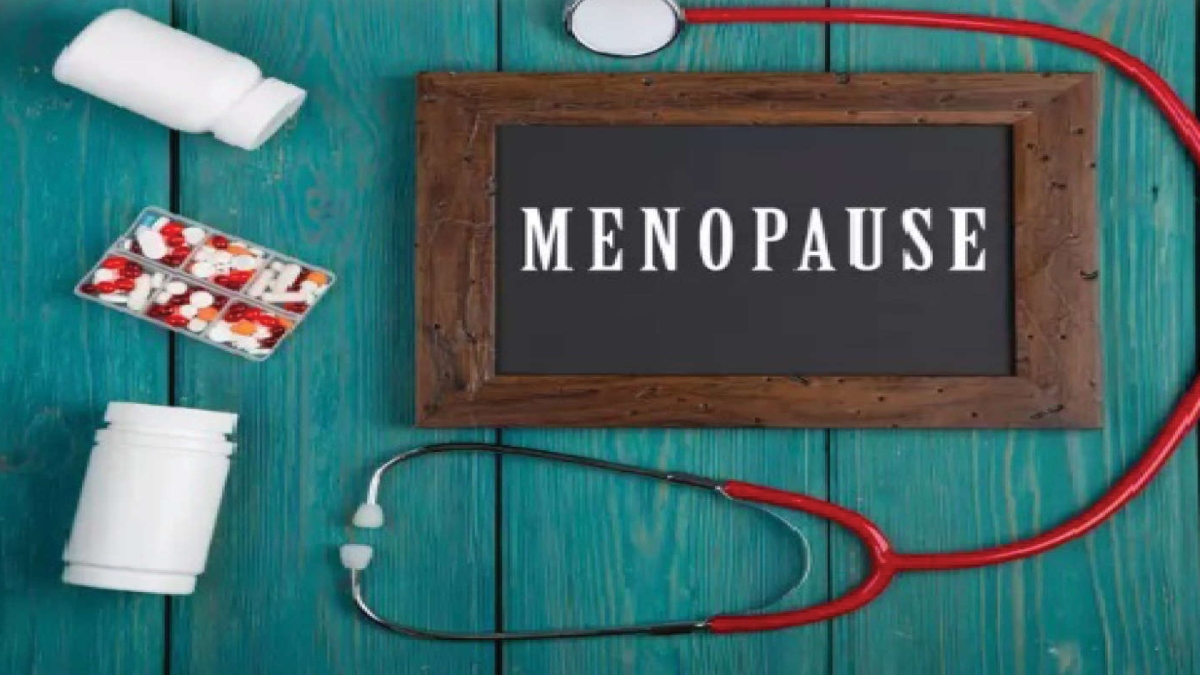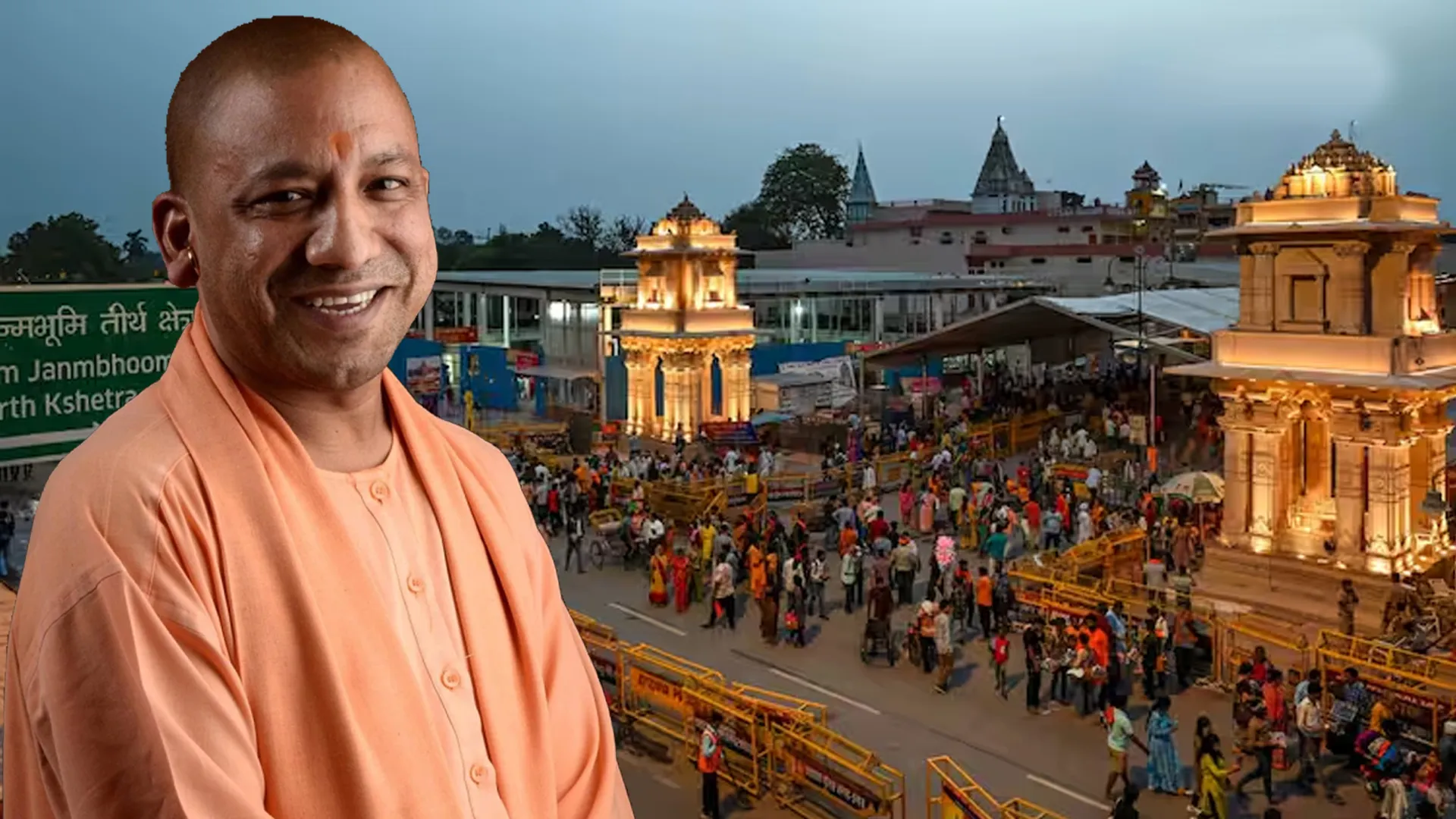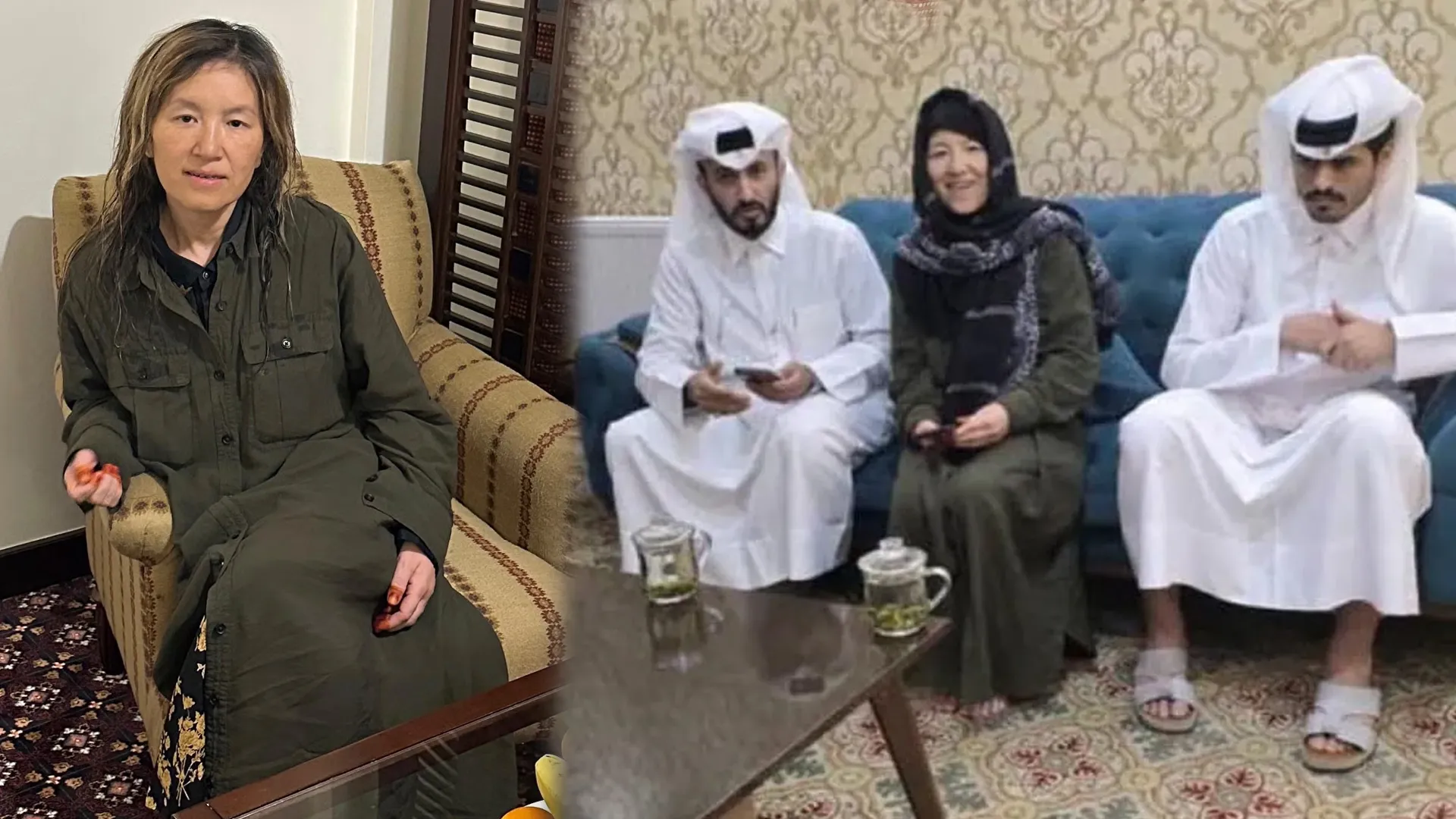This is a battle with the self. It is indescribable to another, except for another sufferer, who will comprehend your constant low moods, unexplainable fear, and a sense of feeling less about yourself. This is like a deep dive from a cliff that is jagged and cruel.
The womb and the woman which has a symbiotic relationship of a lifetime journey. It starts with a fullness found in rivers that charts its course to finally its resting place at its ebbing emptiness.
Just like the river a woman too has to come to terms with the end of the journey with her fertility. With menopause women often face a symptom of depression, called anhedonia, which is forgetting how to take pleasure. Yet women in spite of this trauma still feel ashamed and hesitate to discuss menopausal anxiety and depression.
Perimenopausal anxiety among women is considered normal. Therefore women are continually discouraged to discuss mental health issues. Symptoms associated with menopause are a given for us to endure. Only the strength of a woman is applauded, when she can overcome all odds with a smiling face.
Women who seek support are often subjected to judgment. She is often shamed into feeling guilty, as though she is baring her genitals and nudity, for everyone to get a glimpse of her weakness. The taboo attached to menopausal mental issues along with vaginal health remains repressed as a topic.
This suppressed anxiety that sometimes women face from their late 30s till they turn 55, can result in varying illnesses in their later years.
Therefore women continue to lie about their reproductive health conditions. They postpone the conversation in their heads about the end of their tryst with fertility. Often resorting to external methods of superficial measures to stall the trauma attached to their aging identity as a woman.
The society too has meticulously carved her sense of self-worth from the lens of patriarchy. Women are worried to be labeled anxious. So to keep up appearances, mum is the word. The message on the wall is “learn to bear the pain if you can’t bear any more.”
As an author and a podcaster, I have done multiple interviews with women. In one such interaction, an interviewee confided in me. She looked down as she uttered her secret. She said that once she had negotiated an overdose of her sleeping pills, her hormones took a nosedive into an unending abyss of feeling extreme loneliness and anxiety.
Everyone around her told her it was the empty nest syndrome as her children had become adults and had moved countries. Her mother told her, that she too went through this as she lost her fertility. This would soon be over.
But she was struggling with fear and panic attacks for the last 7 years. She told me she felt more worthless and inconsequential as she sought support within her four walls.
She also felt ashamed and wanted to hide her aging with the endless sessions at the Botox and filler routine to plump up her skin and look younger. Her friends told her the uterus was bidding her adieu. She must learn to bear the dryness in her vagina, which caused her pain during sex accompanied by the constant hot flushes.
According to the World Health Organisation report of 2021. Depressive disorders account for close to 41.9% of the disability from neuropsychiatric disorders among women compared to 29.3% among men.
Leading mental health problems of the elderly are depression, organic brain syndromes, and dementias. The majority are women.
The data increasingly indicates the need of the hour, to normalize conversations about mental health among women. It is to our benefit if we can delve into our collective consciousness to ease each other out of this saga of hormonal imbalances.
Maybe we need to take the initiative to form support groups. In these groups, women need to safely be able to discuss sleep loss, anxiety, weight gain, hot flushes, loss of interest in sex, and vaginal dryness. Sometimes as extreme as losing jobs due to forgetfulness which is also a byproduct of the hormone fluctuations.
As I researched further into the topic, I found that the fluctuation of estrogen and another key hormone, progesterone, in the body can cause feelings of anxiety or depression. Some women develop panic disorder too during menopause.
Possible treatments for menopause-related anxiety can include hormone therapy, antidepressants, psychotherapy, or supplements for a better mood.
Cognitive behavior therapy (CBT) has proven to be effective as a treatment for menopause. This model is based on the belief that emotions arise as a result of how our experiences are interpreted, thereby suggesting that attitudes and thoughts related to menopause mediate how menopause is experienced.
But the question that comes up is, are we as a society, ready to address this in its bloody candor?
Talking to Srishti Sinha, a psychologist from the mental health team at an NGO called KHUSHII (Kinship for Humanitarian, Social, & Holistic Intervention in India).
She said “there are ways to recognise anxiety.
In the context of a stressful or threatening situation, experiencing anxiety is completely normal. Any negative emotional reaction, whether it’s anxiety, fear, anger, or sadness, is linked to our survival. Anxiety becomes an issue when it becomes unbearably intense, and persistent and starts being triggered by innocuous situations. When we experience excessive anxiety, it becomes all-consuming and starts to interfere with our wellbeing and daily lives and it is at this point that it can be seen as a clinical issue.”
As I delved further into the topic with Sinha about how do menopausal women feel with the end of fertility?
She says “it is the loss of the reproductive potential and the gradual transition into old-age that can be a difficult change to adapt to, even on its own, but this transition becomes particularly challenging in a society that lacks sensitivity and information.”
Mental health among menopausal women is not just mediated by hormones but also psychosocial factors like losing the “gender race”. The pressure to juggle motherhood and career, in the context of unjust patterns of interaction in a patriarchal society, is one of the biggest contributing factors to depression among women.
Women’s psycho education and awareness about their bodies should be promoted. Advocacy of seeking help among women should be encouraged.
The mental health of women going through menopause can benefit immensely from adequate psychosocial support, in the form of free/ affordable mental health services, change in the social attitude toward menopause, and starting a more honest dialogue about women’s experiences during this time.
I hope India soon wakes up to be better equipped in the mental health sector where women suffering from endometriosis and menopausal anxiety do not feel isolated, suffer in silence, and get conditioned to be alright to compromise the quality of their lives.
Mohua Chinappa is an ex-housewife turned author
‘Menopause is a natural biological process. But the physical symptoms, such as hot flashes, and emotional symptoms of menopause may disrupt your sleep, lower your energy or affect emotional health.’























